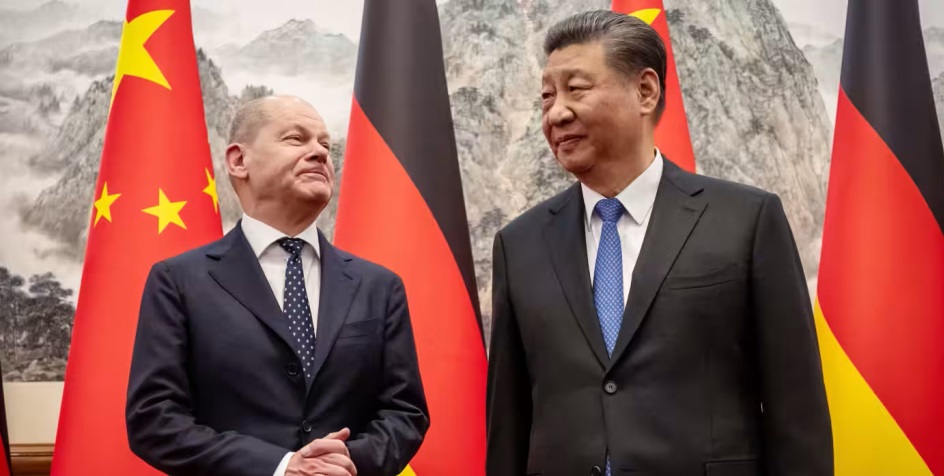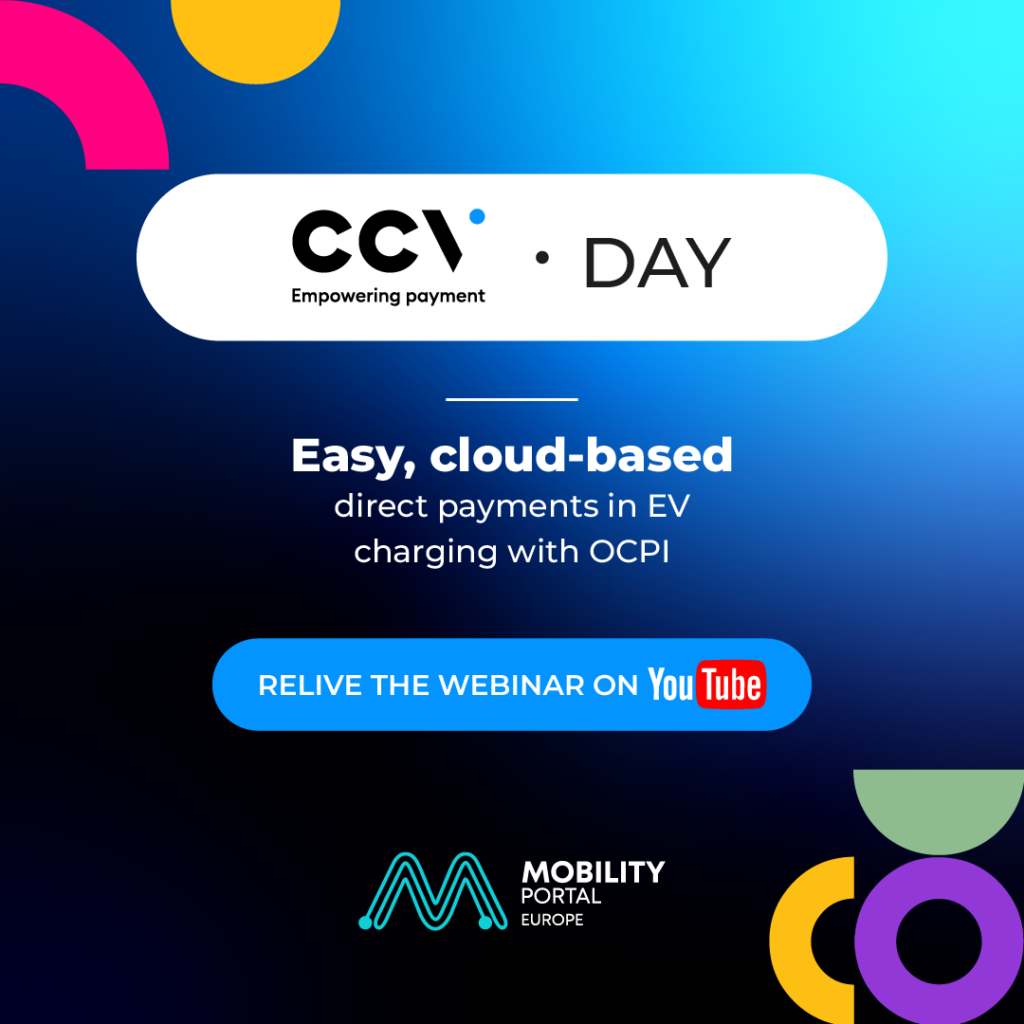Co-operation between China and Germany was not a “risk” but a guarantee for stable ties and an opportunity for the future, said Chinese President Xi Jinping.
The industrial and supply chains of both countries are deeply intertwined, and their markets are highly interdependent, Xi told German Chancellor Olaf Scholz.
“We must view and develop bilateral relations in an all-round way from a long-term and strategic perspective,” Xi stated.
After their second meeting in Beijing since November 2022, the two strolled in the grounds of the Diaoyutai state guesthouse, a sprawling complex of villas, lakes and gardens where many foreign leaders have been received, images on state broadcaster CCTV showed.
Scholz’s three-day visit to China was his first since his government launched a “de-risking” strategy last year to avoid relying excessively on Chinese suppliers.
His visit also coincided with EU concerns about the threat to European businesses from Chinese goods, including electric vehicles and other green technologies, flooding its markets.
It’s worth remembering that EU Commission president Ursula von der Leyen has complained about China’s overproduction being unfairly supported by “massive” state subsidies.
“China’s exports of electric vehicles, lithium batteries and photovoltaic products have not only enriched global supply and alleviated inflationary pressure, but also contributed greatly to the response to climate change and green and low-carbon transformation,” Xi told Scholz.
“(Germany and China) should be vigilant against rising protectionism, look at the issue of production capacity objectively and dialectically from a market-oriented and global perspective,” Xi added.
Scholz has been cautious about pushing away China, an important market for Germany, saying the EU should not act out of protectionist self-interest.
Competition between both countries ought to be fair, however, Scholz said in Shanghai on Monday.
“At some point there will also be Chinese cars in Germany and Europe. The only thing that must always be clear is that competition must be fair,” Scholz told students at Tongji University in the commercial hub of Shanghai.
“In other words, that there is no dumping, that there is no overproduction, that copyrights are not infringed,” Scholz said.
More about Scholz’s trip to China
The China trip has taken Scholz to big cities such as southwestern Chongqing, where he visited German auto supplier Bosch’s hydrogen fuel cell plant.
He was joined by senior German executives, such as Ola Kallenius, chairman of Mercedes-Benz, and Oliver Zipse, chief executive of BMW, underlining the importance of the Chinese market to Europe’s largest economy.
Sino-German economic ties should not only be cultivated but expanded, Kallenius told German broadcaster ARD in Beijing on Tuesday.
“Withdrawing from such a large market is not an alternative, but rather strengthening our position,” he said about the company’s strategy in China.
BMW’s Zipse expressed a similar view on China, Germany’s biggest trading partner.
“We actually see more opportunities than risks,” he told the ARD news programme Tagesschau.
China and Germany have “huge potential” for co-operation in both traditional fields such as machinery manufacturing and automobiles and emerging fields including green transformation and digital artificial intelligence, Xi told Scholz.





